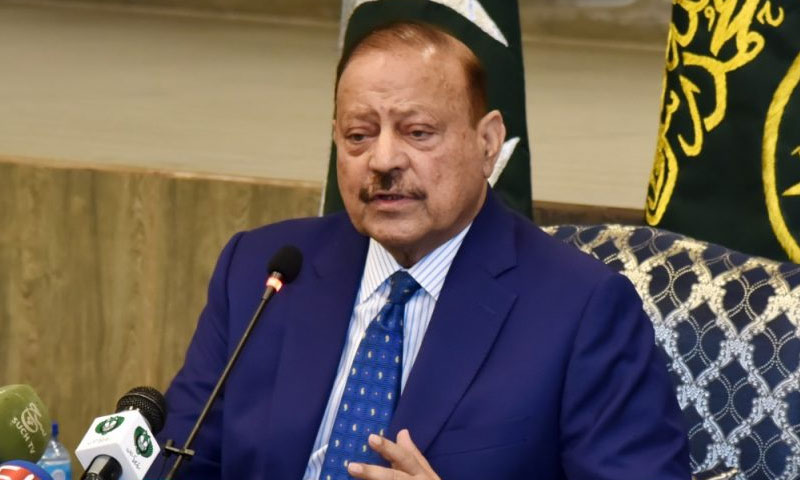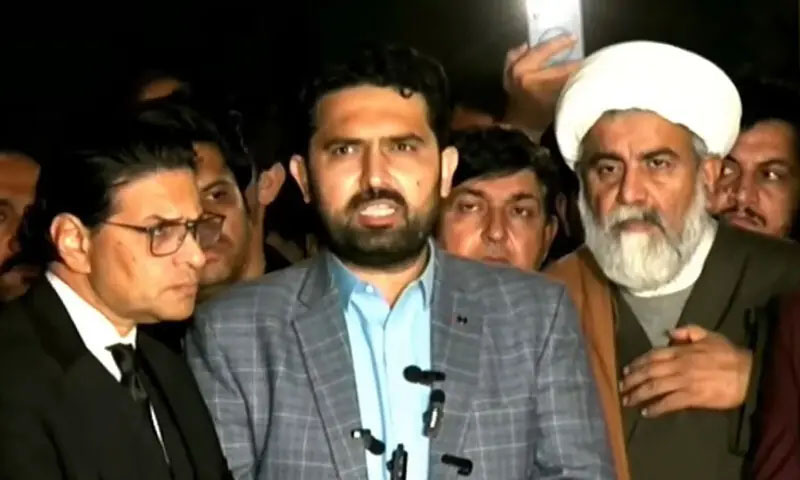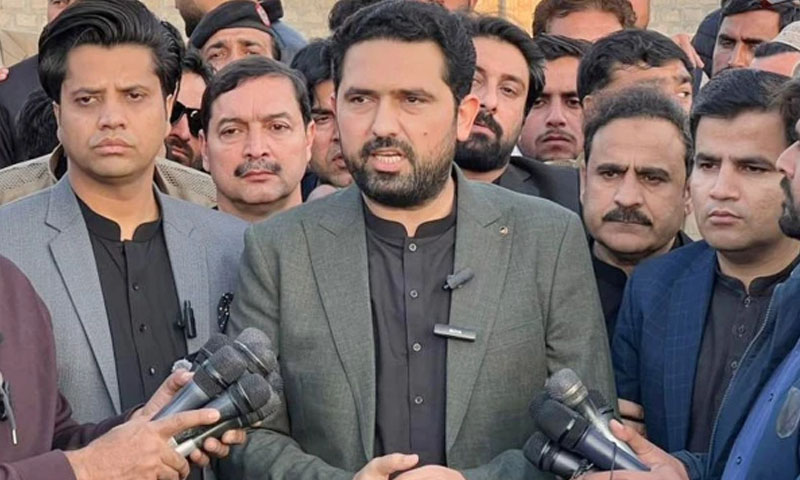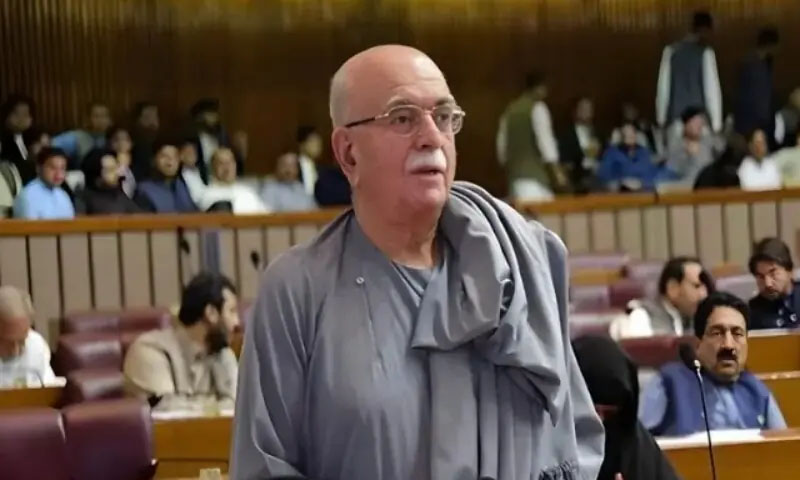- Web Desk
- Jan 31, 2026
Faisal Vawda: The next elected government won’t last beyond 18 months
-

- Hum News
- Sep 08, 2023
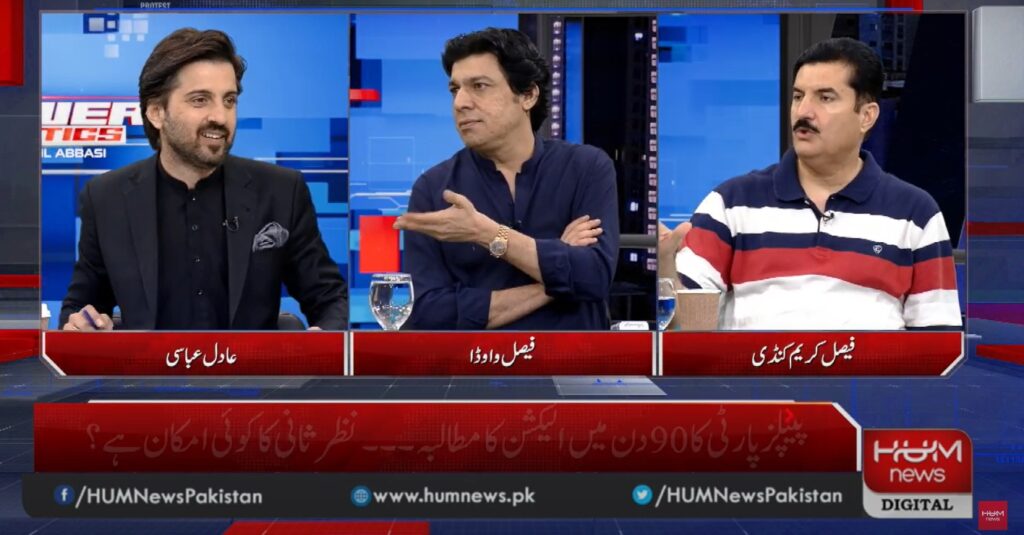
ISLAMABAD: Former federal minister Faisal Vawda, during an appearance on the program Power Politics with Adil Abbasi on HUM News, attributed the recent decline in the USD exchange rate to Chief of Army Staff General Asim Munir, asserting that neither the interim government nor the previous administration played a role in this development.
Vawda emphasised the importance of strict accountability as he believed the nation’s morale and destiny were intrinsically linked to this principle. He called for comprehensive accountability measures to be applied to all political parties.
In response to a question by host Abbasi on how this accountability would be enforced, Vawda drew parallels with the Army Chief’s legal mandate to intervene in cases of perceived national or international threats. He cited recent instances where the military had intervened to address crises related to the sugar market and the USD exchange rate.
Read More: Azhar Siddique and Afnan Ullah Khan lock horns
Vawda argued that the Army should have the authority to hold all political parties accountable, as he expressed dissatisfaction with the performance of these parties in addressing the basic needs of the people.
Faisal Vawda advocated for a shift away from dynastic politics and shared his belief in the principle of “Pehlay Ehtesaab Phir Intikhaab” (Accountability First, Elections Later).
Meanwhile, discussing the interim Sindh government, Vawda attributed its formation to systemic issues. He criticised what he referred to as a “dead democracy” that made it difficult for poor citizens to survive. He highlighted the cycle of corruption, poverty, and child labor, exemplified by the Fatima murder case, and stressed the need for unity in addressing these systemic problems.
Furthermore, responding to a query about the 18 politicians who should be held accountable, Vawda suggested that accountability measures should include all major political party leaders.
When asked about the challenges of ensuring accountability in a system where courts both punish and grant relief, Vawda called for trust in the Supreme Court as a key component of accountability efforts.
Vawda also predicted a short-lived tenure for any post-election government, as he believed that the public, burdened by inflation and economic difficulties, had become more politically aware and motivated for change.

